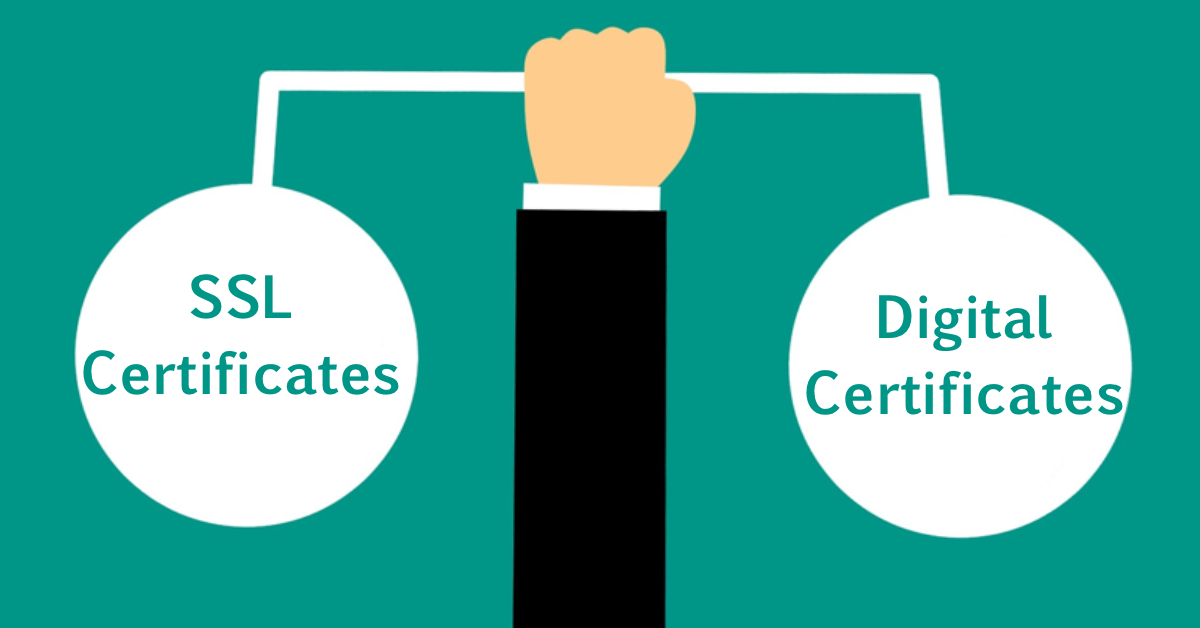In the modern digital landscape,SSL certificates data security is more crucial than ever. Whether you’re shopping online, logging into social media, or accessing your bank account, you’re constantly exchanging sensitive information. To safeguard these interactions, websites rely on a vital technology: SSL certificates.
But what exactly is an SSL certificate, and why is it so important for secure web communication? Let’s break it down.
What is SSL?
SSL (Secure Sockets Layer) is a standard security protocol for establishing encrypted links between a web server and a browser. Although SSL has technically been replaced by TLS (Transport Layer Security), the term SSL is still widely used.
The primary purpose of SSL is to ensure that all data transmitted between the web server and browsers remains private and secure. Without SSL, any data you send over the internet—like passwords, credit card numbers, or personal details—can be intercepted by cybercriminals.
What is an SSL Certificate?
An SSL certificate is a digital certificate that authenticates a website’s identity and enables an encrypted connection. It’s issued by a Certificate Authority (CA), a trusted organization that verifies the legitimacy of websites.
When a website has an SSL certificate:
- The URL begins with
https://instead ofhttp://. - A padlock icon appears in the browser address bar.
- Some modern browsers may show a site as “Not Secure” if it lacks SSL.
Key Components of an SSL Certificate:
- Domain name the certificate is issued for
- Company information (for organization-validated certificates)
- Public key used for encryption
- Certificate Authority details
- Expiration date
How SSL Works: A Simple Overview
- Handshake: When you visit a website, your browser requests a secure connection.
- Certificate validation: The server sends its SSL certificate. Your browser checks its validity (via the CA).
- Session keys: If the certificate is valid, the browser and server generate unique session keys.
- Encrypted communication: All data exchanged is encrypted using those keys.
This process happens almost instantaneously, creating a secure channel for data exchange.
Types of SSL Certificates
SSL certificates vary based on the level of validation and the number of domains/subdomains covered:
1. Validation Levels:
- Domain Validated (DV): Basic level, only checks domain ownership.
- Organization Validated (OV): Verifies domain ownership and organization identity.
- Extended Validation (EV): Rigorous vetting process, often displays the company name in the browser.
2. Coverage:
- Single-domain SSL: Secures one domain (e.g.,
example.com). - Wildcard SSL: Covers one domain and all its subdomains (
*.example.com). - Multi-domain SSL (SAN SSL): Secures multiple domains with a single certificate.
Why SSL Certificates Matter
✅ Data Protection
SSL encrypts data, making it unreadable to anyone who tries to intercept it.
✅ Trust & Credibility
Sites with SSL show visitors that they care about security. It’s a must for online stores or any platform that collects user data.
✅ SEO Advantage
Search engines like Google prioritize secure websites. Having SSL can give you a ranking boost.
✅ Regulatory Compliance
SSL is a requirement for complying with privacy laws like GDPR, HIPAA, and PCI DSS.
How to Get an SSL Certificate
You can obtain an SSL certificate from:
- Web hosting providers (many offer free options via Let’s Encrypt)
- Certificate Authorities like DigiCert, Sectigo, or GlobalSign
Most modern website platforms like WordPress, Shopify, and Wix include SSL certificates automatically.
Conclusion
An SSL certificate is no longer optional—it’s essential for any website looking to build trust, protect user data, and meet security standards. As cyber threats continue to evolve, having strong, encrypted communication through SSL is one of the most effective defenses available.
Whether you’re a small business owner, developer, or digital marketer, understanding SSL certificates is a key part of ensuring a safer internet for everyone.











